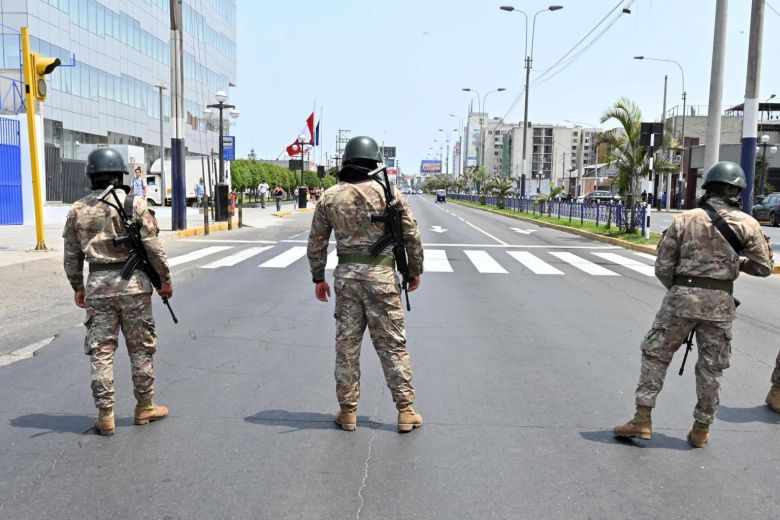RIO DE JANEIRO, BRAZIL – A report by IDEA International, an intergovernmental organization that supports sustainable democracy worldwide, alerted to growing inequality, poverty, political polarization, corruption, high crime rates, and state fragility in Latin America during the pandemic, although resilience remains.
According to the recently released document, the health crisis “severely affected” a region “besieged by unresolved structural problems,” where some countries were suffering from “processes of democratic erosion and regression” or “democratic fragility and weakness” even before the pandemic hit this part of the planet in March.
“The Covid-19 not only took the lives of hundreds of thousands of people, but further exacerbated structural problems such as inequality, poverty, political polarization, corruption, high crime rates, and state fragility,” analyzes Daniel Zovatto, regional director of IDEA International.

The report highlights that the absence of political and socio-economic reforms, which have been delayed for a long time in Latin America, have worsened the economic and public health crises triggered by the pandemic. A new factor is added: measures restricting fundamental rights to contain the spread of the coronavirus have increased the risk of further consolidating or aggravating the disturbing trends democracy presented in the region before the health crisis.
The magnitude of the emergency has sometimes led to the use of the Armed Forces to enforce quarantines, transport patients, and distribute medical supplies, complementing the action of the police. “But even this failed to prevent the advance of criminality and persistent violence,” Zovatto adds.
“In some cases, the same government reaction involved violations committed by law enforcement agents, violation of data privacy to track contagions (Ecuador), and restrictions on freedom of expression to prevent public alarm (in Mexico, the head of state verbally attacked journalists and media outlets for their coverage),” adds IDEA International’s regional director.
In at least eight countries in the region, the armed forces were instructed to intervene to lead the fight against the pandemic, particularly in areas such as logistics, transports, healthcare services, and contact tracing. But in some countries, they were also given more controversial powers, such as maintaining public order and implementing measures to restrict freedom of movement and meeting during curfews and states of siege and of emergency.
The report mentions Chile as an example, where curfews and the deployment of the armed forces have become commonplace since the October 2019 protests. Due to the pandemic, the country decreed a state of constitutional exception in late March, with a ban on movement between midnight and 5 AM, which remains in force.
Not all sectors were equally affected by the pandemic: women, the LGTBI community, and native peoples suffered greatly from the lack of protection and unequal access to justice, explains Zovatto.
The report notes that during these months domestic violence and gender gaps have escalated: “Gender inequality increased during the pandemic, with the closure of schools and confinement measures, which added to the domestic workload for women, and an already unbalanced share of domestic chores between men and women in the region,” In Focus stresses.
According to the study, this is likely to affect women’s ability to continue in the labor market, hold public office, and participate in equal conditions in the economic and political spheres.
Among the challenges to democracy in the region during the pandemic is the deferment of electoral processes.
“There has been a generalized deferral of elections of all kinds, for understandable health reasons, but most of them could have been held,” Zovatto adds. Despite the negative impacts of the pandemic on democracies, fortunately, they continue to be the majority in the region, adds the director of IDEA International, “with the exception of Cuba, Nicaragua, and Venezuela, where regimes have further deepened their authoritarian nature.”
In this context, it is not surprising that the 2019 social protests are reappearing, challenging even the pandemic’s health restrictions, as witnessed in Colombia, recently in Argentina and Guatemala.
“The frustration of some sectors, rather than having been suspended, seems to have been fed by new reasons for discontent,” says Zovatto, who nonetheless sees possibilities in this crisis.
“There is a sense of urgency that can be used positively to implement long-delayed reforms to optimize democratic governance and neutralize the prevailing climate of frustration, the one that was expressed in the 2019 protests and that opens the door to populism of different kinds,” the Argentine political scientist analyzes.
Source: El País

